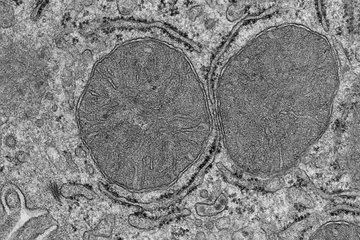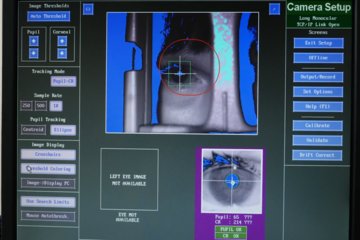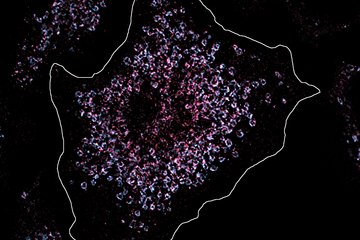Genetic variants influence stress response
Study suggests strong link between genetics and response to stress
Researchers from the Max Planck Institute of Psychiatry asked themselves which genetic variants might be involved in the response to stress. Using a new methodology, they were able to test over 3600 specific variants in parallel to determine which were functional. This pioneering study on the molecular level of stress found that the genetic variants which modulate the sensitivity to the consequences of stress have an effect on the risk of psychiatric disorders.
The interaction of genes and the environment is critical in modulating the risk of developing psychiatric disorders. This has been known for many years. Stress is one of the most relevant environmental factors. But why are some people able to deal well with stress and stressful life events, while others go on to develop psychiatric disorders? That is a question on everyone’s mind. Scientists from the Max Planck Institute of Psychiatry approached this question on a molecular level. They used new molecular genetic and statistical techniques to look at many genetic variants simultaneously, in order to understand how they affect cells in their reaction to stress.
Led by postdoc and the study’s first author, Signe Penner-Goeke, the team at the Max Planck Institute used statistical methods which allowed them to better understand how these variants work in the brain, and even allowed them to predict causal effects. The scientists modelled stress using dexamethasone, a synthetic molecule that mimics the effect of the stress hormone cortisol. Using cells that are known to be highly reactive to stress, they identified over 500 regions which responded to stress as well as 79 variants which affected gene expression only when treated with dexamethasone. Findings showed that some of the variants had an effect on the risk of developing psychiatric disorders: “We found a number of variants associated with psychiatric disorders,” states Penner-Goeke.
Stress tests
Researchers at MPI then sought to identify how the combination of variants modulated risk. In an experiment where they stressed individuals in a stress task, findings showed that a higher number of variants were associated with an increase in cortisol. This difference was not seen before the stress task, meaning these variants were only relevant in stressful situations. Another test indicated that individuals with more risk variants had a more intense reaction when startled. These individuals also showed an increased amplitude of being startled with repeated exposures.
This is the first study explaining the molecular level of stress: The genetic variants which modulate the physiological response to stress are involved in the risk of psychiatric disorders. “Genetics have an effect on the sensitivity to the consequences of stress. This molecular mechanism could explain why stressful life events correlate more or less with psychiatric disorders,” Max Planck Institute’s director Elisabeth Binder summarizes. These findings are essential for predicting which individuals may have a higher risk for developing psychiatric disorders in response to stress, which could be harnessed to better prevent and treat psychiatric disorders.











